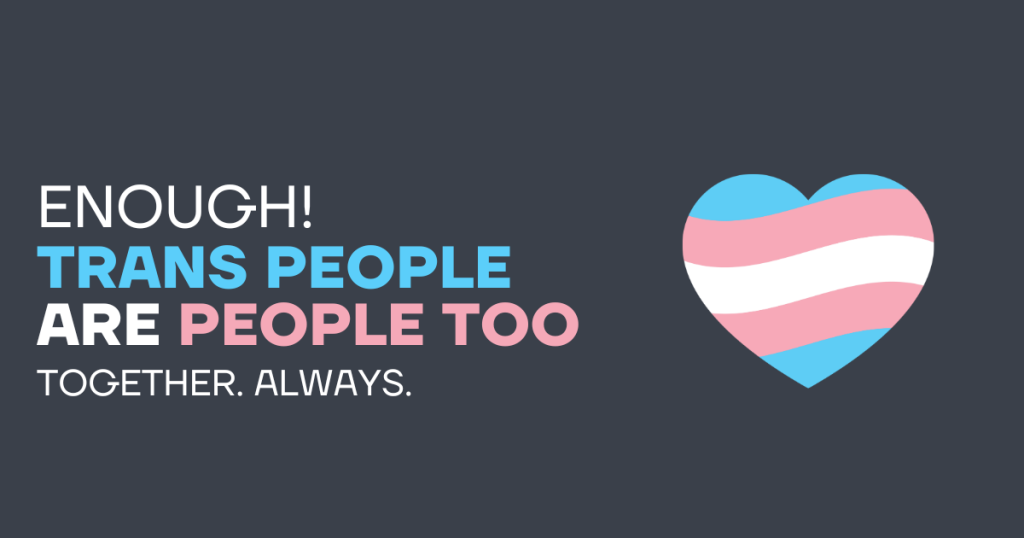
As a new UK Government is formed, Consortium and many of its member organisations across the UK have written to the new Prime Minister to welcome them into their role. Most importantly, it is an opportunity to ensure LGBT+ people, communities and policy issues are firmly on his, and his team’s desk.
At a time when our LGBT+ communities, and particularly Trans communities, have been under attack for so long, it is important we use this time of change to reset relationships and how our communities are both talked about, and worked with. The letter focusses on the opportunities the LGBT+ sector can give a new Government to provide cost-effective and compassionate solutions to inequalities across our communities so LGBT+ policy can develop more positively than it has over the last few years.
Paul Roberts, CEO of LGBT+ Consortium said, “This is an important moment. A new UK Government provides us with an ideal opportunity to look at how we can ensure our LGBT+ communities lead the conversation and direction in relation to the issues that directly affect us. We look forward to developing strong working relationships across Government Departments, and rest assured we will be holding them to account on taking an inclusive approach to working with our communities. The hatred and division, much of which was directed from those who were tasked with standing up for us, has to stop and we need to get back to progressive working relationships between Government and Civil Society.”






